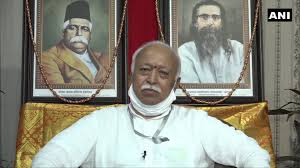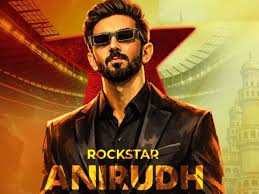Mohan Bhagwat: RSS Chief and His Vision for India

Introduction
Mohan Bhagwat, the chief of Rashtriya Swayamsevak Sangh (RSS), holds significant importance in Indian socio-political landscapes. His leadership has been pivotal in shaping the objectives and ideologies of the RSS, an organization often affiliated with promoting Hindu nationalism. As India navigates through various socio-economic changes, Bhagwat’s vision and strategies have become increasingly relevant in discussing national identity, unity, and development.
Current Initiatives and Events
In recent events, Mohan Bhagwat addressed a large gathering during the annual Vijayadashami celebrations of the RSS, emphasizing the need for national unity and integrity. He highlighted the importance of resolving societal divisions that threaten the cohesive fabric of Indian democracy. Bhagwat’s statements on communal harmony and inclusiveness resonated in light of escalating tensions across communities in recent years.
Additionally, Bhagwat has been actively promoting education and skill development for the youth of India. At a recent conference, he pointed out the critical role of youth in nation-building and urged civil society to invest more in their education, thereby steering a conversation towards a more educated and skilled workforce which is crucial for economic growth. This initiative aligns with the government’s broader goals of ‘Skill India’ and ‘Make in India’.
Criticism and Challenges
However, Bhagwat’s leadership has not been without criticism. Many secular and liberal voices have raised concerns regarding the RSS’s approach towards minorities, claiming it often leans towards majoritarianism. These criticisms pose notable challenges for Bhagwat, as he navigates the dual expectations of fostering Hindu identity and promoting an inclusive society. His responses to such criticisms often emphasize that RSS’s activities are fundamentally about cultural integration rather than exclusion.
Conclusion
As Mohan Bhagwat continues to guide the RSS, his influence on national dialogues concerning identity and unity is undeniable. His ability to adapt the organization’s message amid evolving socio-political landscapes will be crucial for the RSS’s relevance in the years to come. The discourse around Bhagwat’s vision warrants close attention as it might shape the trajectory of Indian politics and society significantly in the forthcoming years. Each initiative and public statement feeds into a larger narrative of what it means to remain united in diversity, a key pillar for India’s future.









